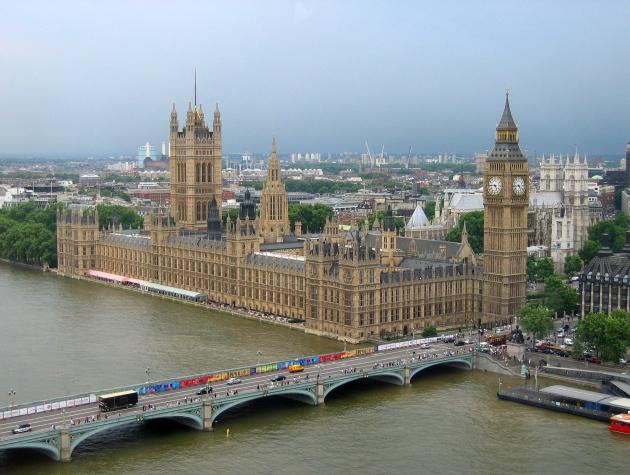GEG WP 2009/49 Managing Interplay Between Trade and Climate Change
Full Title: Improving Institutional Coherence: Managing Interplay Between Trade and Climate Change
Author: Matthew Stilwell
Type: GEG Working Paper 2009/49
Abstract
There is growing international agreement that climate change constitutes one of the “defining issues of our era”.1 The last year has seen a rising tide of public concern, as well as pronouncements by the world’s leading scientific body on climate change, the Intergovernmental Panel on Climate Change (IPCC), that the evidence of global warming is now “unequivocal”. In December 2007, these developments culminated in an agreement by Parties to the UN Framework Convention on Climate Change (UNFCCC) at the United Nations Climate Change Conference hosted in Bali, Indonesia, to launch a “comprehensive process” of negotiations to tackle the problem.
Both climate change and the responses it will require have major implications for economic activity and international trade. According to the Stern Review, authored by the former World Bank Senior Economist Sir Nicolas Stern, “climate change is the greatest market failure the world has ever seen”.2 Responding to climate change will therefore require new policies as well as a fundamental restructuring of energy, transportation, manufacturing, agriculture, and other key economic sectors world-wide.
This paper examines a set of issues arising from linkages between climate change and international trade, and from the international regimes addressing them. Discussion is organized around five key themes that are necessary (though not sufficient) elements in any effort to mitigate and adapt to climate change, and to achieve the development goals underpinning both the climate and trade regimes. These are: 1) promoting economic development and diversification; 2) transferring low-carbon and energy efficient technologies; 3) reforming subsidies; 4) enhancing polices and measures; and 5) addressing competitiveness concerns.
Author Bio
Matthew Stilwell is Managing Director of the Institute for Governance & Sustainable Development, and Visiting Fellow at the Centre on Trade and Economic Integration, Graduate Institute of International and Development Studies, Geneva. Comments are welcome to stilwell@bluewin.ch






